Home

Symptoms & Illnesses

Pain in Anus During Pregnancy: Your Guide to Causes and Cures
In this Article

Symptoms & Illnesses
Pain in Anus During Pregnancy: Your Guide to Causes and Cures
Updated on 8 April 2024
Pregnancy is known for its unpleasant symptoms, from morning sickness to urinary incontinence. You can expect every month to bring in a new set of symptoms that you never anticipated before. Among these unanticipated symptoms are sharp pains in anus during pregnancy, especially felt during the second and third trimesters. If you too have been experiencing pain in anus during pregnancy, then this article is for you.
In this article, we will understand the symptoms this condition can bring along, its common causes, treatment and preventive measures.
What is proctalgia?
Proctalgia is a medical term for sharp, stabbing pains in the anus. The anus is the passageway of the GI tract, which starts from the large intestine and opens at the end of the rectum. It is surrounded by sphincter muscles which tend to tighten and relax with the passage of metabolic waste. Additionally, it also comprises the tailbone and several nerves in the surrounding area.
Pregnant women may have a few run-ins with proctalgia, especially during the third trimester. Let us now understand the common causes of pregnancy pain in anus.
What can cause a sharp pain in anus during pregnancy?
A woman’s body goes through several changes during the course of pregnancy. Some of these changes, among other reasons, can contribute to proctalgia. These include:
1. Hormonal changes
Pregnancy is characterized a slew of hormonal changes which end up affecting other body functions. Certain hormonal changes during pregnancy can slow down the digestive system, causing occasional episodes of constipation. As a result, straining while passing stool can cause discomfort and pain in the anus during pregnancy.
2. Hemorrhoids
Hemorrhoids is a common condition faced by women during pregnancy. It causes veins in the anal and rectal region to swell. As a result, hemorrhoids can lead to anal pain along with burning and itching sensations.
3. Anal fissures
Prolonged constipation during pregnancy can cause sharp pain during and after bowel movements. This can even lead to the tearing of skin in the anus, known as anal fissures.
4. Anal spasms
Also known as proctalgia fugax, anal spasms are a condition wherein women may experience sharp pains in anus during pregnancy. This happens due to muscle contractions.
5. Enlargement of uterus
The uterus tends to enlarge through the nine months of pregnancy, putting pressure on surrounding organs, including the anus. During the third trimester when the uterus stretches to its maximum capacity, it exerts pressure on the anal nerves and causes pain and discomfort.
6. Contractions
During the third trimester of the pregnancy, contractions become a recurring occurrence. Many women experience Braxton Hicks (false contractions) from time to time. This can also contribute to anus pain during pregnancy third trimester.
7. Sedentary lifestyle
Excessive sitting or lying down, whether it was before pregnancy or during, can cause the tailbone, anal muscles and surrounding organs to be stiff and inactive. Over time, this can cause anal pain and even damage to the affected body parts.
You may also like: Pelvic Pain in Pregnancy: Symptoms & Treatment
What are some symptoms of pain in anus during pregnancy?
Besides experiencing anal pain, pregnant women can expect the following symptoms:
-
Discomfort in the anal or rectal region
-
Swelling and redness
-
Pain while walking
-
Itching in the anal area
-
Fecal incontinence
-
Prolonged episodes of constipation
-
Sharp pain in the anus while passing stool
-
Bleeding or discolored discharge
-
Formation or lump in the anal area
You may also like: Pain in Groin During Pregnancy: Causes, Symptoms, and Treatment
How to relieve sharp pains in anus during pregnancy?
Although the treatment will depend on the underlying cause, here are some common ways to relieve pregnancy pain in anus:
-
Take a warm or Sitz bath to soothe discomfort and pain. You can also add Epsom salt to the water for extra relief.
-
Use ice packs or ice wrapped in a towel and press it against the anal region. Keep it for 20 minutes and repeat the procedure thrice to four times daily.
-
Use over-the-counter ointments or creams to reduce pain or swelling.
-
Increase your fibre and fluid intake to prevent constipation and facilitate easy passing of stool.
-
Medicines like ibuprofen or acetaminophen may temporarily reduce the pain but only consume them after consulting your gynecologist.
-
If the pain persists and worsens, consult your gynecologist for the correct diagnosis and treatment.
You may also like: How to Manage and Alleviate Round Ligament Pain During Pregnancy?
How to prevent pain in anus during pregnancy?
While it may not always be possible to prevent anus pain in pregnancy, there are several ways to reduce its chances. These include:
1. Drink plenty of water
It is recommended to consume 12-15 glasses of water daily to prevent constipation and make it easier to pass stools.
2. Avoid prolonged standing or sitting
Avoiding excessive sitting and standing can help reduce the pressure on the anal region. Besides, it will reduce the risk of hemorrhoids.
3. Eat a high-fibre diet
Consume plenty of fibre-rich foods such as apples, berries, broccoli, spinach, lentils, oats, almonds etc. to prevent constipation.
4. Stay active
Walking everyday for 30 to 50 minutes will reduce the pressure on nerves and muscles in the anal and lower spine region, thereby preventing anus pain during pregnancy.
5. Avoid wearing tight undergarments
It is recommended to wear proper fitting, cotton undergarments to prevent pressure on the anus during pregnancy. Opting for any other material may cause sweating and irritation in the anal region.
6. Do not strain during bowel movements
Straining can increase the risk of hemorrhoids and anal fissures.
7. Avoid raw and uncooked food
Unfiltered water and junk food may contain bacteria that can cause diarrhea, so make sure to eat only cooked food and drink clean water.
You may also like: Top 10 Tips for The Third Trimester of Your Pregnancy
When to consult a doctor?
There can be multiple reasons for anal pain during pregnancy. Some may be serious, while others may be manageable with home remedies. However, if the pain becomes unbearable and is accompanied by symptoms like fever, blood in stool, severe constipation or dehydration, it must be brought to the doctor’s notice immediately.
Final Thoughts
We know sharp pains in anus during pregnancy weren’t exactly how you imagined being greeted by your baby. But don’t worry, several home remedies and preventive measures can help you manage pain in anus during pregnancy. If you don’t find any relief, then don’t hesitate to consult your doctor for timely medical intervention.
References
1. Boughton RS, Brophy C, Corbett G, Murphy S, Clifford J, Hanly A, Fitzpatrick M, O'Brien L. (2024). Haemorrhoids and Anal Fissures in Pregnancy: Predictive Factors and Effective Treatments. Cureus.
2. Poskus T, Sabonyte-Balsaitiene Z, Jakubauskiene L, Jakubauskas M, Stundiene I, Barkauskaite G, Smigelskaite M, Jasiunas E, Ramasauskaite D, Strupas K, Drasutiene G. (2022). Preventing hemorrhoids during pregnancy: a multicenter, randomized clinical trial. BMC Pregnancy Childbirth.
3. Unadkat SN, Leff DR, Teoh TG, Rai R, Darzi AW, Ziprin P. (2010). Anorectal symptoms during pregnancy: how important is trimester? Int J Colorectal Dis.



Written by
Parul Sachdeva
A globetrotter and a blogger by passion, Parul loves writing content. She has done M.Phil. in Journalism and Mass Communication and worked for more than 25 clients across Globe with a 100% job success rate. She has been associated with websites pertaining to parenting, travel, food, health & fitness and has also created SEO rich content for a variety of topics.
Read MoreGet baby's diet chart, and growth tips

Related Articles
Related Questions
Hello frnds..still no pain...doctor said head fix nhi hua hai..bt vagina me pain hai aur back pain bhi... anyone having same issues??

Kon kon c chije aisi hai jo pregnancy mei gas acidity jalan karti hain... Koi btayega plz bcz mujhe aksar khane ke baad hi samagh aata hai ki is chij se gas acidity jalan ho gyi hai. Please share your knowledge

I am 13 week pregnancy. Anyone having Storione-xt tablet. It better to have morning or night ???

Hlo to be moms....i hv a query...in my 9.5 wk i feel body joint pain like in ankle, knee, wrist, shoulder, toes....pain intensity is high...i cnt sleep....what should i do pls help....cn i cosult my doc.

Influenza and boostrix injection kisiko laga hai kya 8 month pregnancy me and q lagta hai ye plz reply me

RECENTLY PUBLISHED ARTICLES
our most recent articles
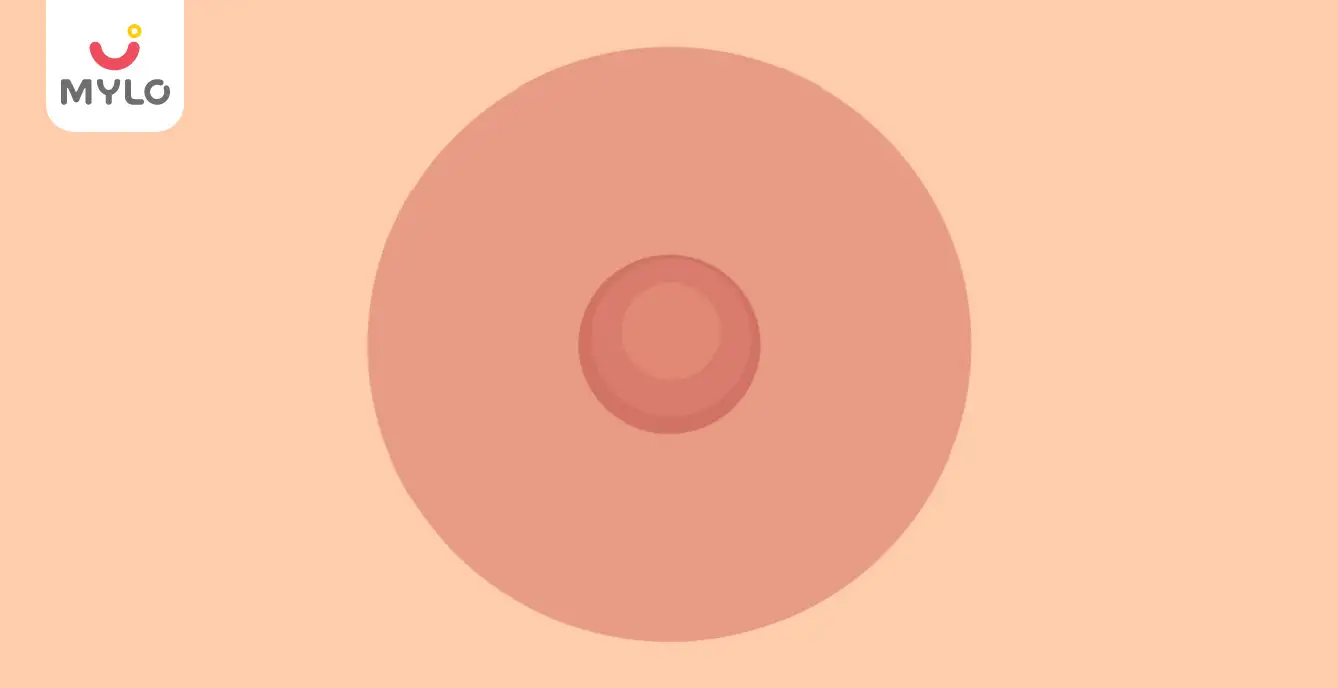
Breast Changes
White Spots on Nipple: Normal or Cause for Concern?
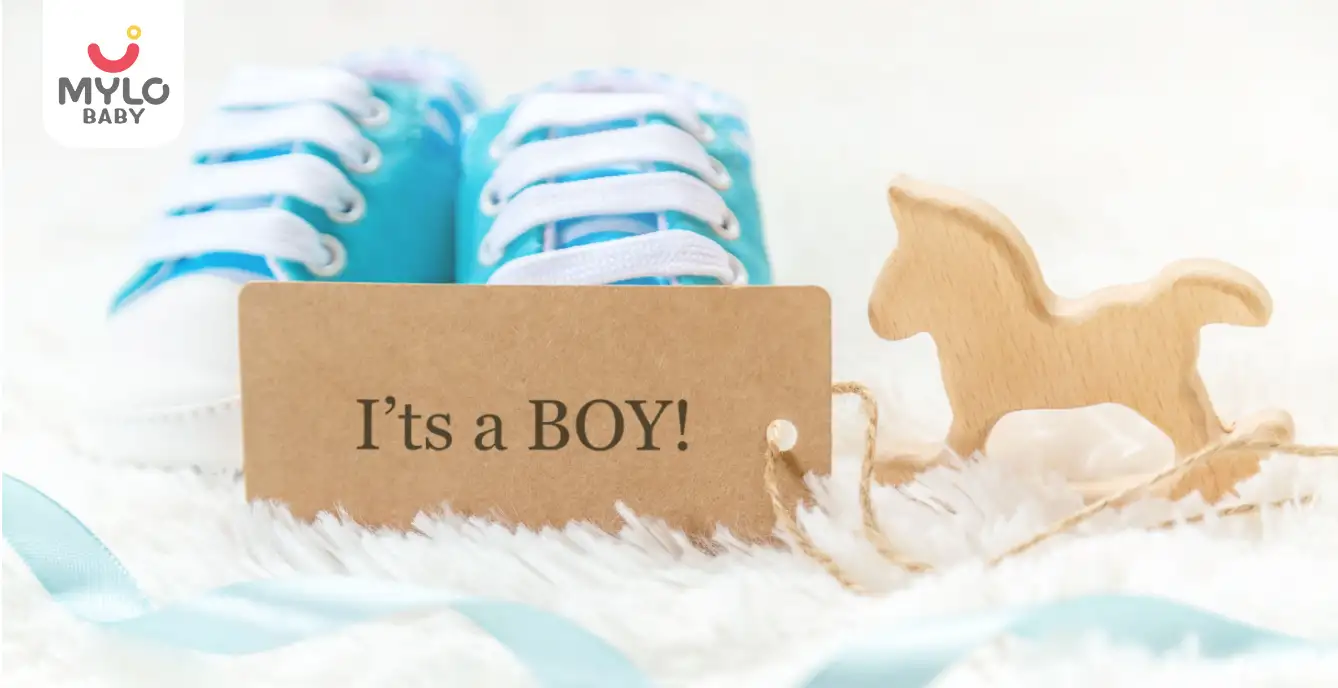
Announcements & Celebrations
Blessed with Baby Boy: 50+ Ways to Announce Your Baby's Birth
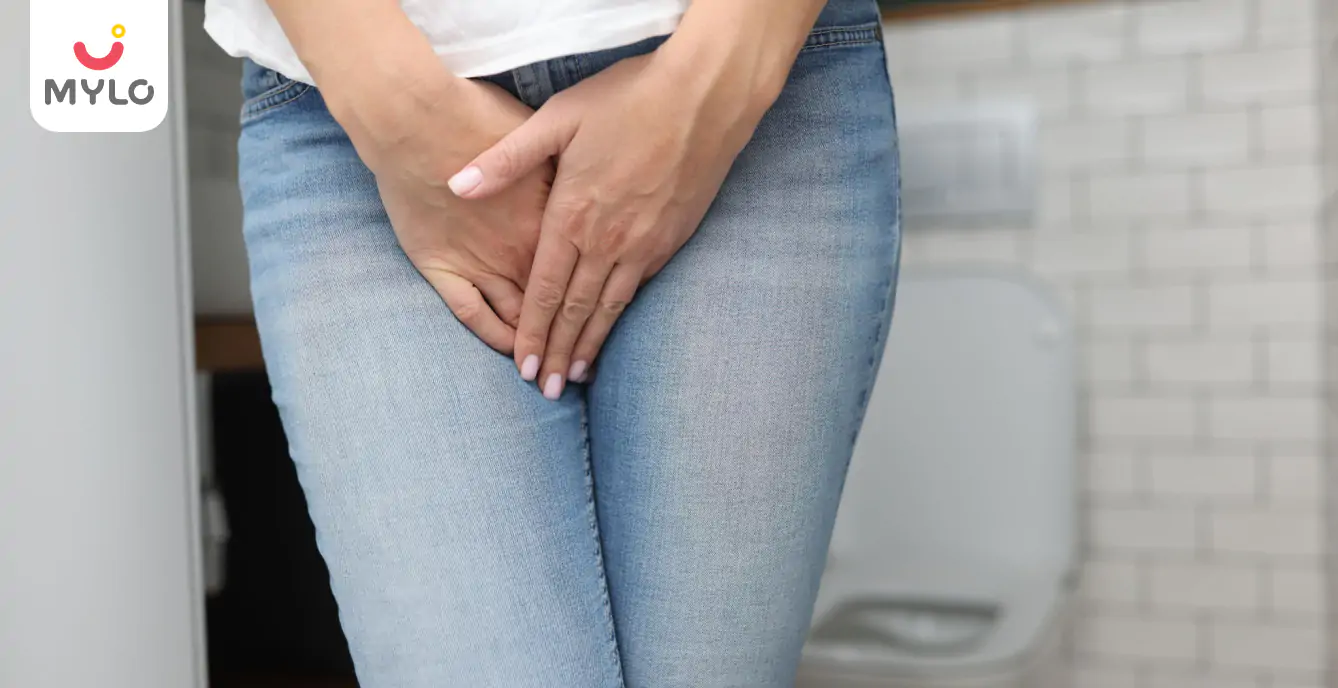
Vaginal Discharge
Brown Discharge During Early Pregnancy: Understanding the Causes & Next Steps
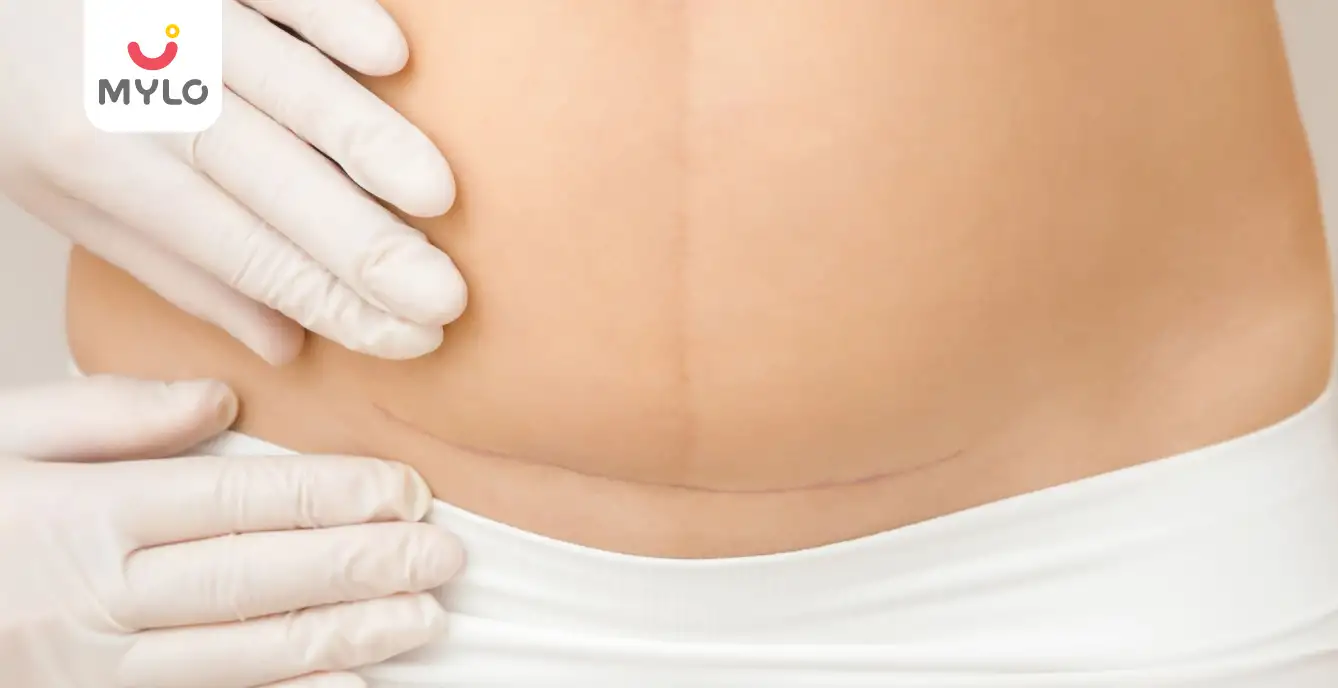
When Can I Start Bending After C-Section: Expert Insights on C-Section Recovery
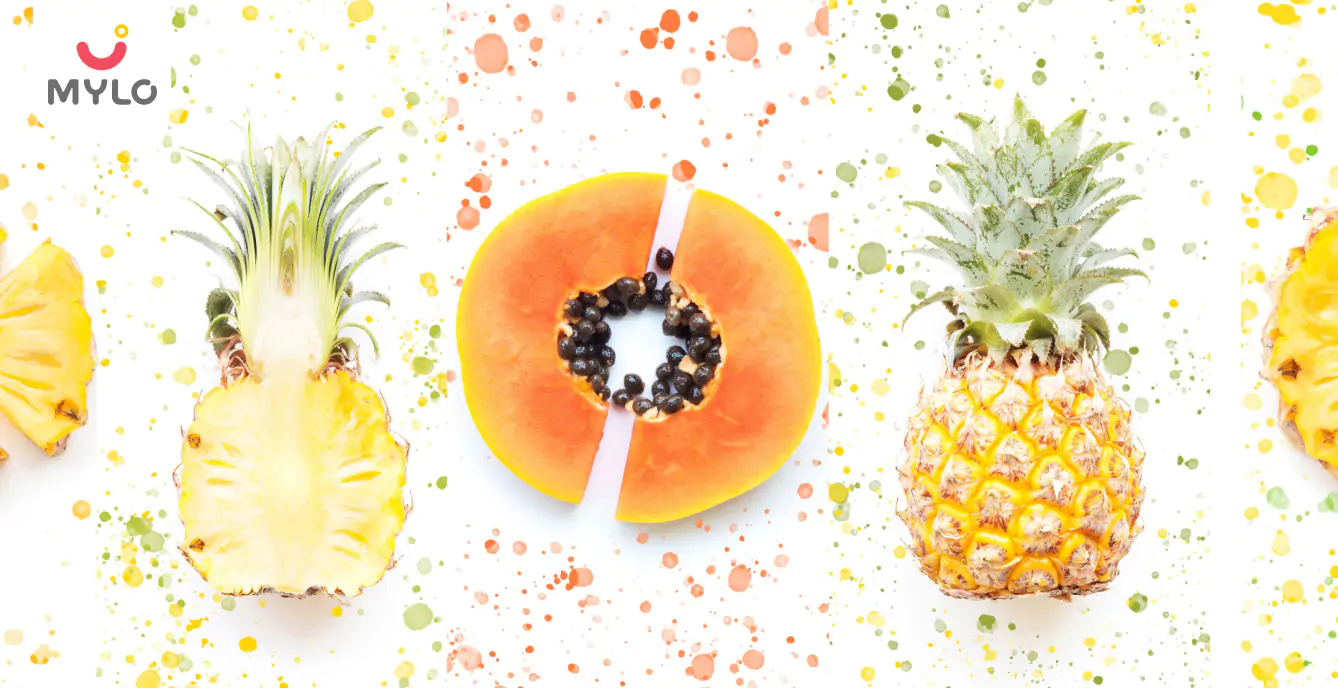
Miscarriage
18 Foods That Can Cause Miscarriage: A Guide to Avoiding Harmful Foods
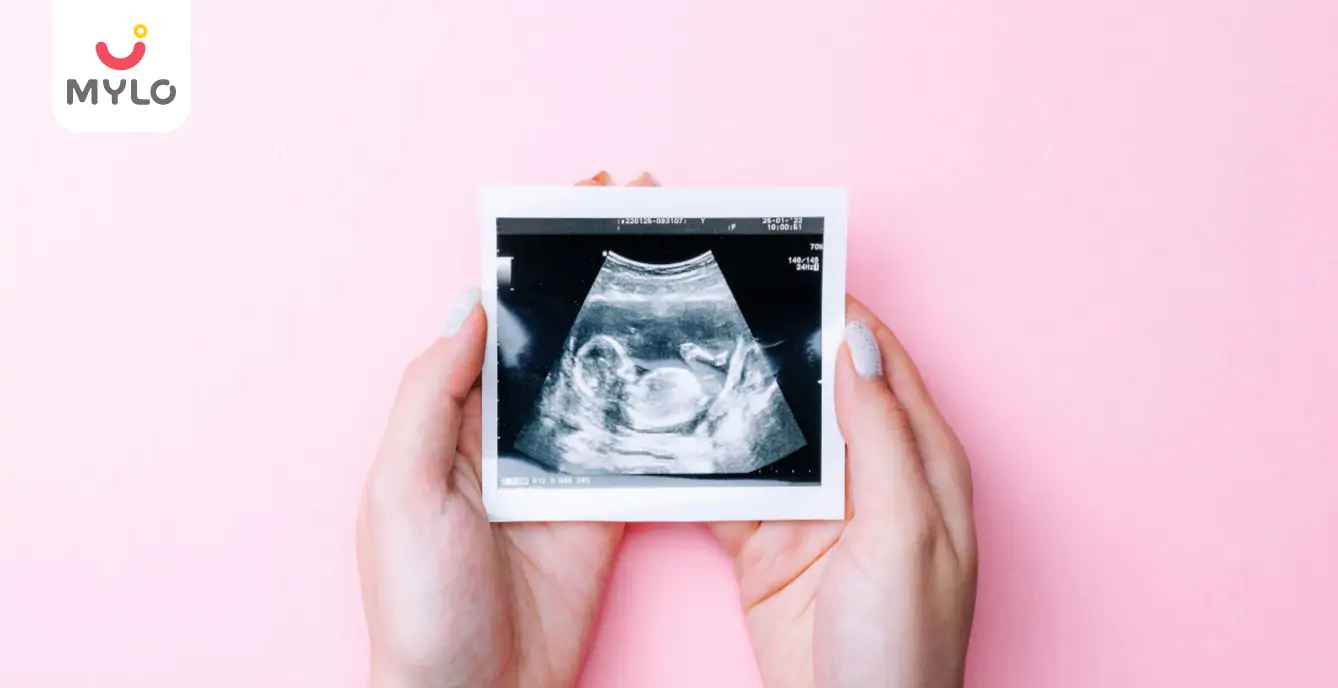
9 Week Ultrasound: What to Expect & What are the Red Signals?
- Drumstick During Pregnancy: The Ultimate Guide to Benefits & Side Effects
- How to Avoid Pregnancy After Missing Period Naturally?
- 1st Birthday Wishes for Nephew and Niece That Tug at the Heart
- The Ultimate Collection of Baby Boy Names in Telugu
- Navel Displacement: The Ultimate Guide to Causes, Symptoms & Treatment
- Top 10 Thriller Movies on Hotstar for Edge-of-Your-Seat Excitement
- 10 Best Pakistani Dramas of All Time
- Ear Infection During Pregnancy: Understanding the Risks and Remedies
- Freezing Sperm: Preserving the Possibility of Parenthood
- The Ultimate Guide to Ghee Massage for Babies
- Sunflower Seeds in Pregnancy: Advantages, Risks, & Recipes
- The Ultimate Guide on Cabbage During Pregnancy Benefits and Precautions
- Double Marker Test: Everything You Need to Know for a Healthy Pregnancy
- The Pros and Cons of Consuming Brinjal in Pregnancy


AWARDS AND RECOGNITION

Mylo wins Forbes D2C Disruptor award

Mylo wins The Economic Times Promising Brands 2022
AS SEEN IN

- Mylo Care: Effective and science-backed personal care and wellness solutions for a joyful you.
- Mylo Baby: Science-backed, gentle and effective personal care & hygiene range for your little one.
- Mylo Community: Trusted and empathetic community of 10mn+ parents and experts.
Product Categories
baby carrier | baby soap | baby wipes | stretch marks cream | baby cream | baby shampoo | baby massage oil | baby hair oil | stretch marks oil | baby body wash | baby powder | baby lotion | diaper rash cream | newborn diapers | teether | baby kajal | baby diapers | cloth diapers | laundry detergent 6472 | lactomama lactation granules |




